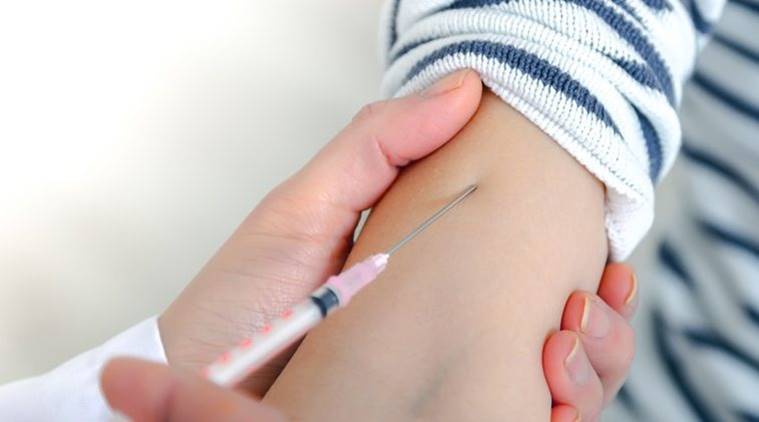 One injection has to be taken every three months. (Representational image)
One injection has to be taken every three months. (Representational image)
Maharashtra was the first state in the country to roll out a reversible method of contraception, via intramuscular injections for women, last year but health officials admit that there is a need to increase the number of beneficiaries for this measure.
A year after the state launched injectable contraceptives as part of its National Family Planning Programme, approximately 7,500 women have used it. In a bid to extend the reach of the programme, the state Family Welfare Bureau has tied up with the United Nations Population Fund and trained 149 medical officers and other staff nurses.
“Initially, the programme was rolled out at 23 district hospitals and women’s hospitals. However, we need to increase awareness about alternative contraceptives so we will launch it at 86 sub-district hospitals,” said Dr Archana Patil, in-charge at the state Family Welfare Bureau.
Health officials admitted that women were hesitant to use injectable contraceptives as they were apprehensive about changes in their menstrual cycles. “But, with appropriate counselling, women are likely to continue using injectables,” said Patil.
In phase one, the programme was introduced in 52 facilities. “In the second phase, the injectable contraceptive will be rolled out at sub-district hospitals and rural hospitals,” said Patil. Social health activists and auxillary nursing midwives can track each beneficiary and explain the alternate mode of contraception to them.
Anuja Gulati, state programme coordinator of UNFPA, said this contraceptive method will be one of the multiple choices for women. “We have supported the training programme where the need to provide women with the right to select alternative contraceptive methods was discussed. We have trained doctors and nurses to seek informed consent and ensure proper counselling, apart from respecting the dignity of clients by ensuring privacy,” said Gulati.
The injectable contraceptive is Depo Medroxy Progesterone Acetate, which contains progestin that is slowly released into the blood from the injection site. It acts by inhibiting ovulation, thickening the cervical mucus to prevent the sperm from penetrating into the upper reproductive tract and thinning the endometrial lining. This makes it unfavourable for implantation of the feriltised ovum, explained doctors.
One injection has to be taken every three months and while there are health benefits like protection against endometrial cancer and uterine fibroids, side-effects include irregular bleeding and delayed return to fertility. “After the last injection, there is an average delay of seven to eight months before a woman can conceive,” said state health officials.